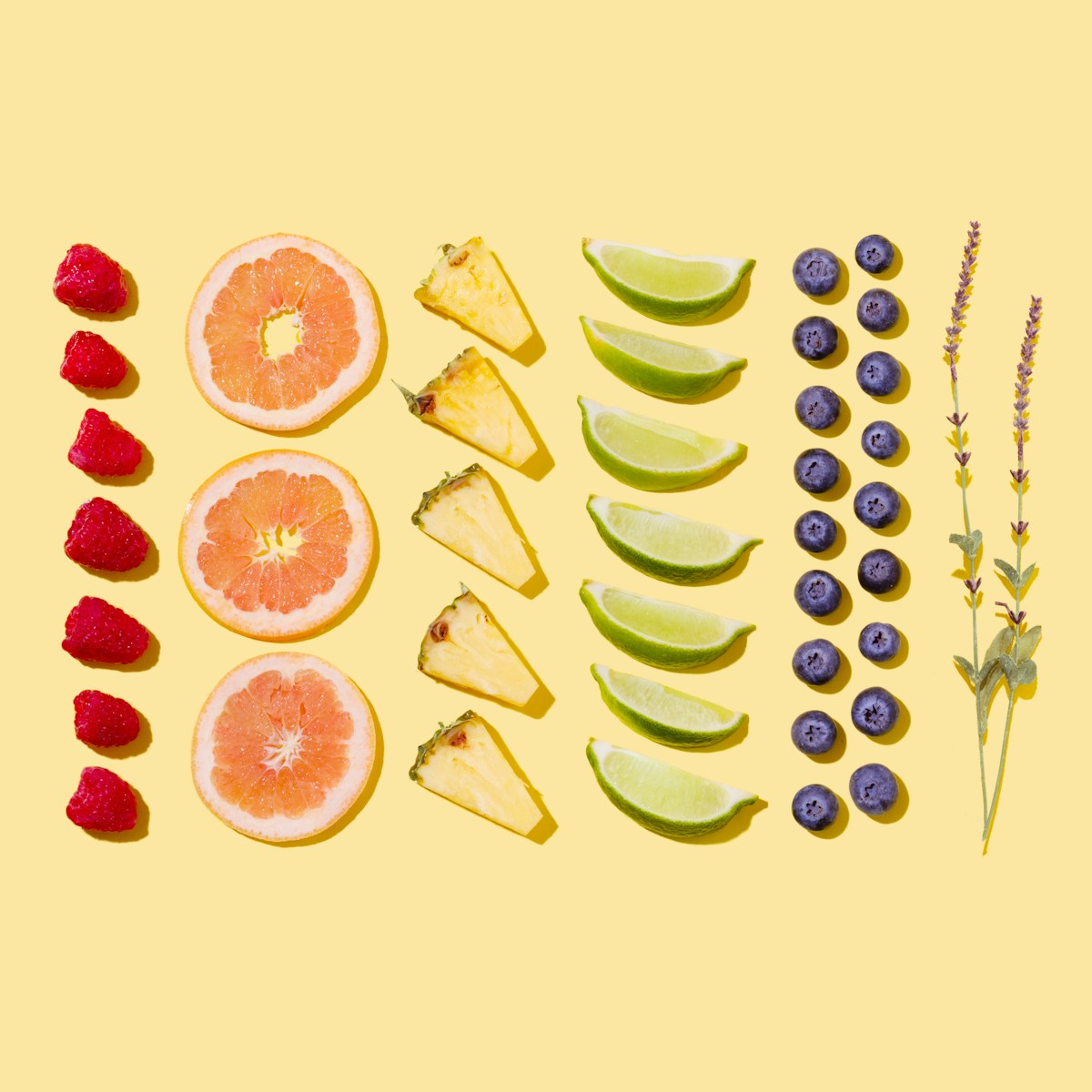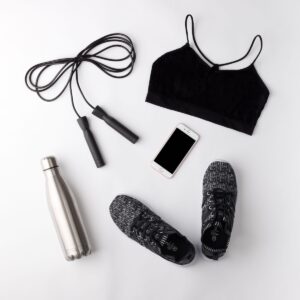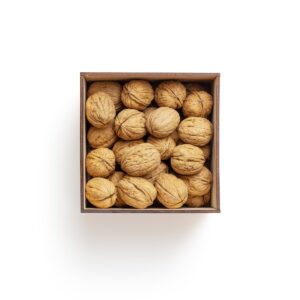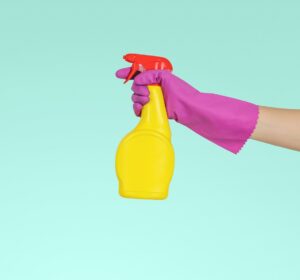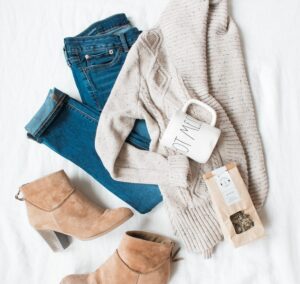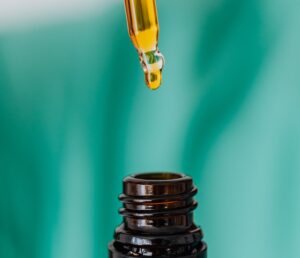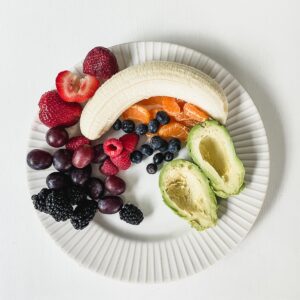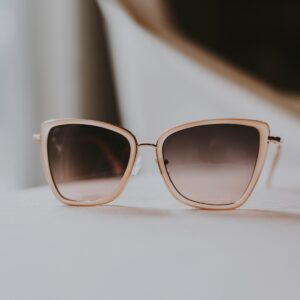Fresh natural products, such as fruit, lose nutrients and flavor without additional processing and spoil faster if not stored properly. We have a few simple rules to help you keep fruit for much longer.
Where to Keep
How and where you store fruit directly affects its flavor. Almost all fruits can be stored in the refrigerator. The few exceptions are bananas, lemons and limes, and they should be stored in a cool, dry place because they spoil at low refrigerated temperatures.
The design of any refrigerator involves separate storage of food. There are shelves, drawers, boxes that are designed for certain types of food products. For fruits and vegetables, transparent drawers are most often allocated. They are usually larger than other additional elements of the refrigerator. This is done so that the products are surrounded by a large amount of moist air.
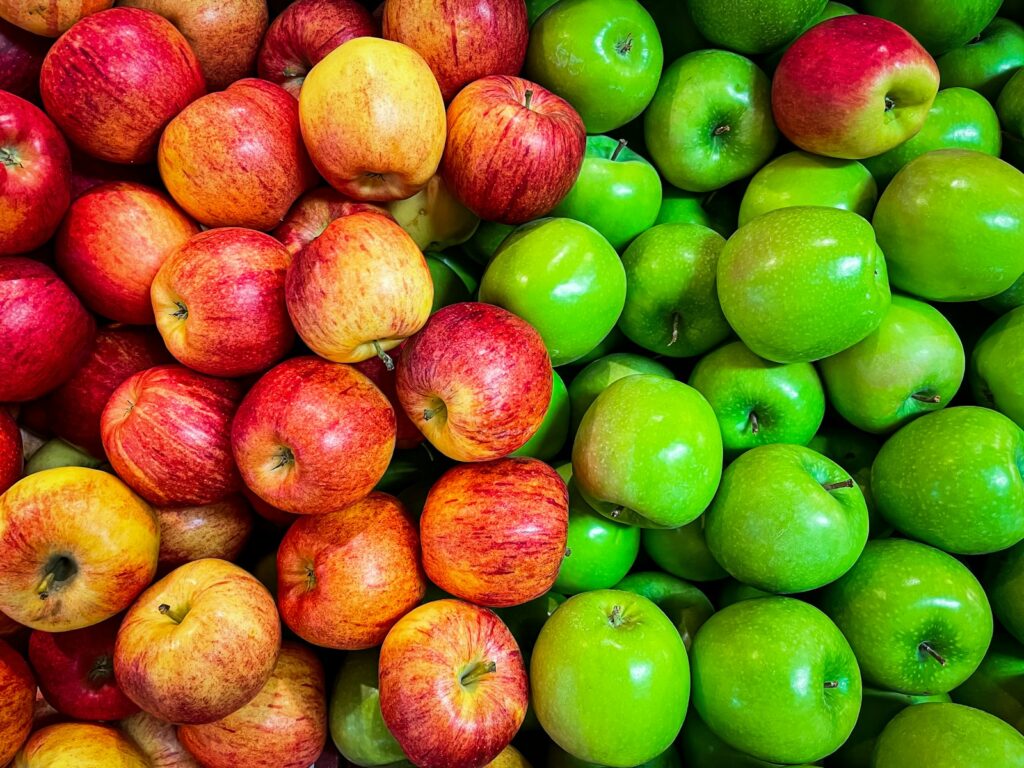
Every fruit has its time
Although almost all fruits can be stored in the refrigerator, there are certain rules for each individually.
Peaches, pears and plums. If you bought already ripe fruits, it is best to send them to the refrigerator right away. However, pears, plums and peaches purchased before final ripening should be stored in a paper bag in a cool and dry place.
Apples can be stored in the refrigerator longer than all other fruits. The best place to store apples is on a high shelf, away from other foods. Apples also stay fresh for a long time at room temperature.
Melon should not be kept in the refrigerator for long because it becomes rubbery in texture and loses its aroma and flavor. The same goes for pumpkin and watermelon. In general, these fruits can be stored perfectly well in the cupboard, if they are not damaged and not overripe. But if you cut these fruits, it is better to eat them immediately.
Tropical fruits cannot be stored in the refrigerator, no matter how much you would like to eat a cold fruit. At low temperatures, fruits rot and release harmful substances. This applies to lemons, limes, tangerines. They prefer warmth. And besides, lemons and limes absorb various odors, so storing them in the refrigerator just might spoil these citrus fruits.
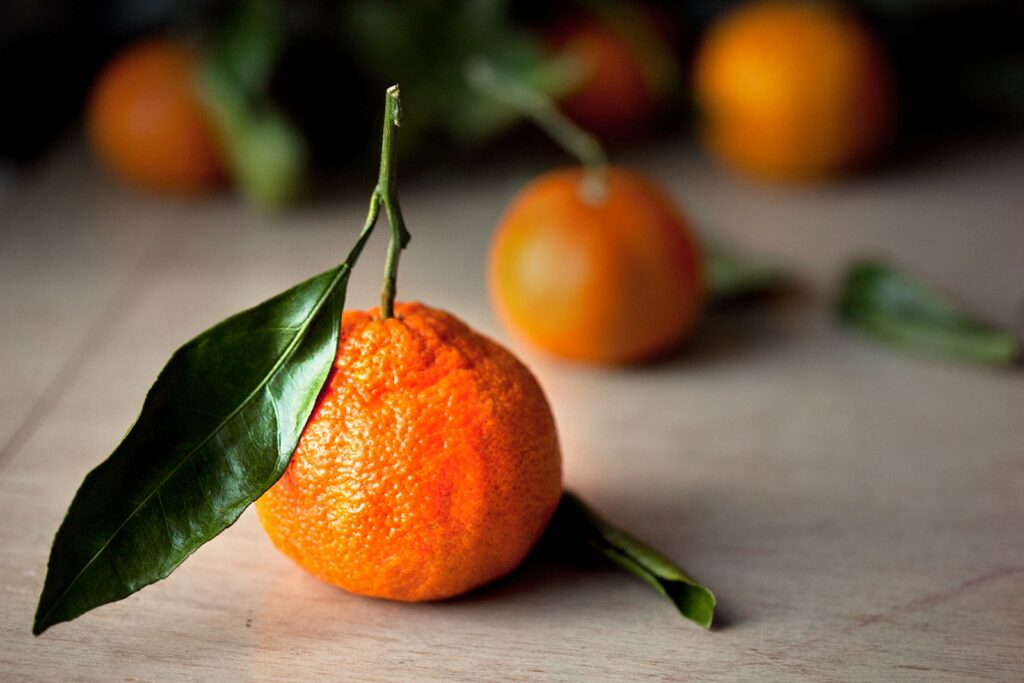
Oranges
To keep oranges juicy and flavorful for a long time, it is best to store them in a dark, cool place in a convenient container or basket. You can also put oranges in the refrigerator for a few hours, but be sure to take them out again after a while. If you want to preserve oranges for two weeks or longer, wrap the fresh fruit individually in paper and place the fruit in cardboard boxes. In short, shelve all your citrus fruits in a closet.
Only hard grapes, pre-packed in a ziplock plastic bag, can be stored in the refrigerator for a long time. It should be rinsed before consumption, even if you have already done so. Soft grapes are best eaten as soon as possible.
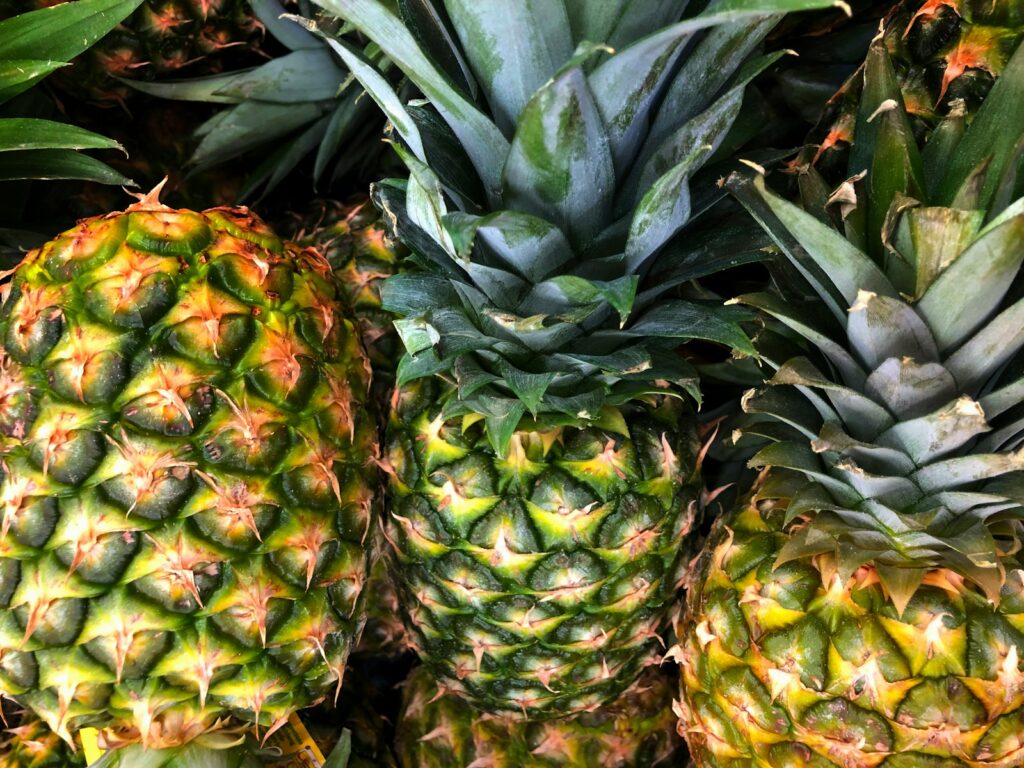
Pineapple. Since the sugar is concentrated at the base of the pineapple, you can turn it upside down during the day and the sweetness will spread throughout the fruit. Pineapple does well in both room storage and refrigerated temperatures.
Bananas are best stored in a cool, dry place. These tropical fruits cannot tolerate low temperatures.
But pomegranates and persimmons do not like the cold at all. It is better to wrap these fruits in several layers of paper and store them in a dry place at room temperature. Unripe fruits ripen successfully in such conditions.
Important nuances
Be careful when arranging food in the refrigerator. If you suddenly decide to defrost meat, it is better to place it away from fruit so that the liquid defrosting products do not get on them.
Sliced fruit is better to consume at once. If you are going to send the sliced fruit to the refrigerator, put it in an airtight container.
Sliced fruit, such as apples, will darken and turn brown over time – this is oxidation from contact with oxygen. Spritzing them with lemon juice or rinsing them with water will help stop the oxidation process.
Damaged fruit should not be stored together with whole fruit, as it can cause premature spoilage of whole fruit.
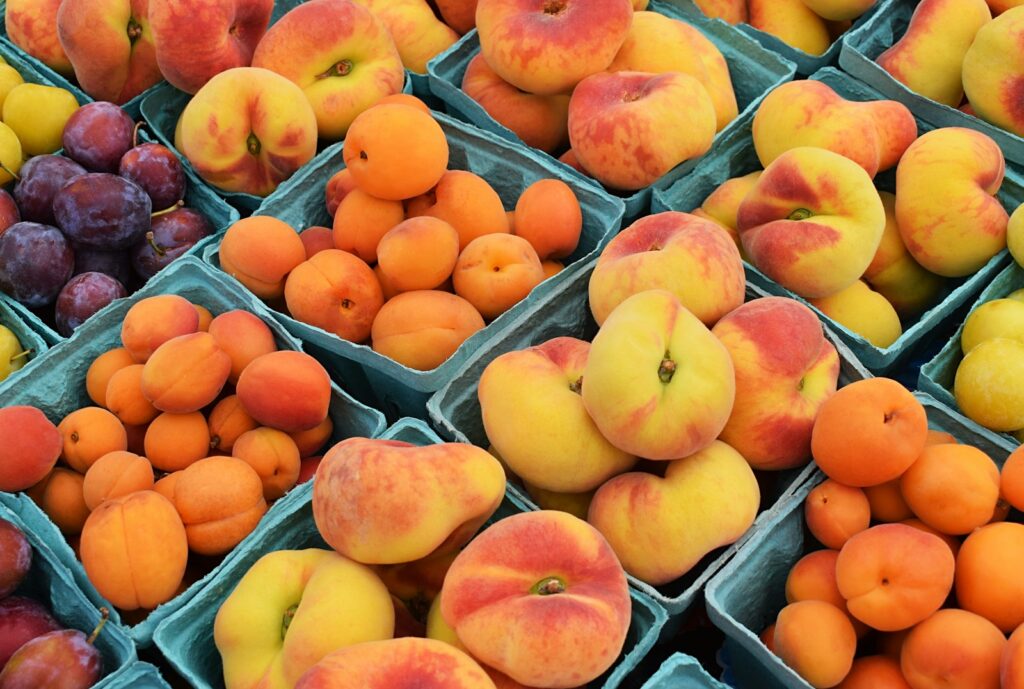
Vegetables and fruits rich in ethylene should not be stored together with other vegetables, as this can also lead to premature spoilage. But if you need to speed up the ripening of under-ripe fruits, it is a good idea to put pears or apples with them.
Ethylene-rich unripe fruit should be stored in a paper bag for better ripening. The fruits that contain the most ethylene are apricots, avocados, bananas, pears, melons, figs, nectarines, peaches, tomatoes, plums and apples.
It is desirable not to wash fruits and vegetables before sending them to the refrigerator, otherwise mold may appear on them. If you do wash them, dry them thoroughly before putting them in the refrigerator. Delicate berries should not be washed under any circumstances: washing them will inevitably damage them, as a result of which juice will be released and the berries will quickly sour.
